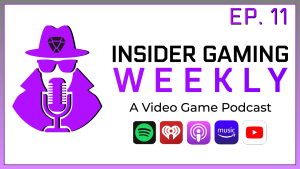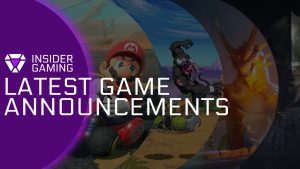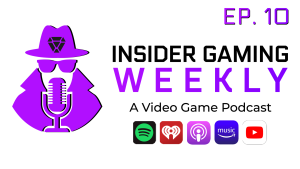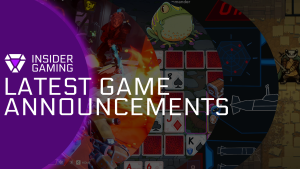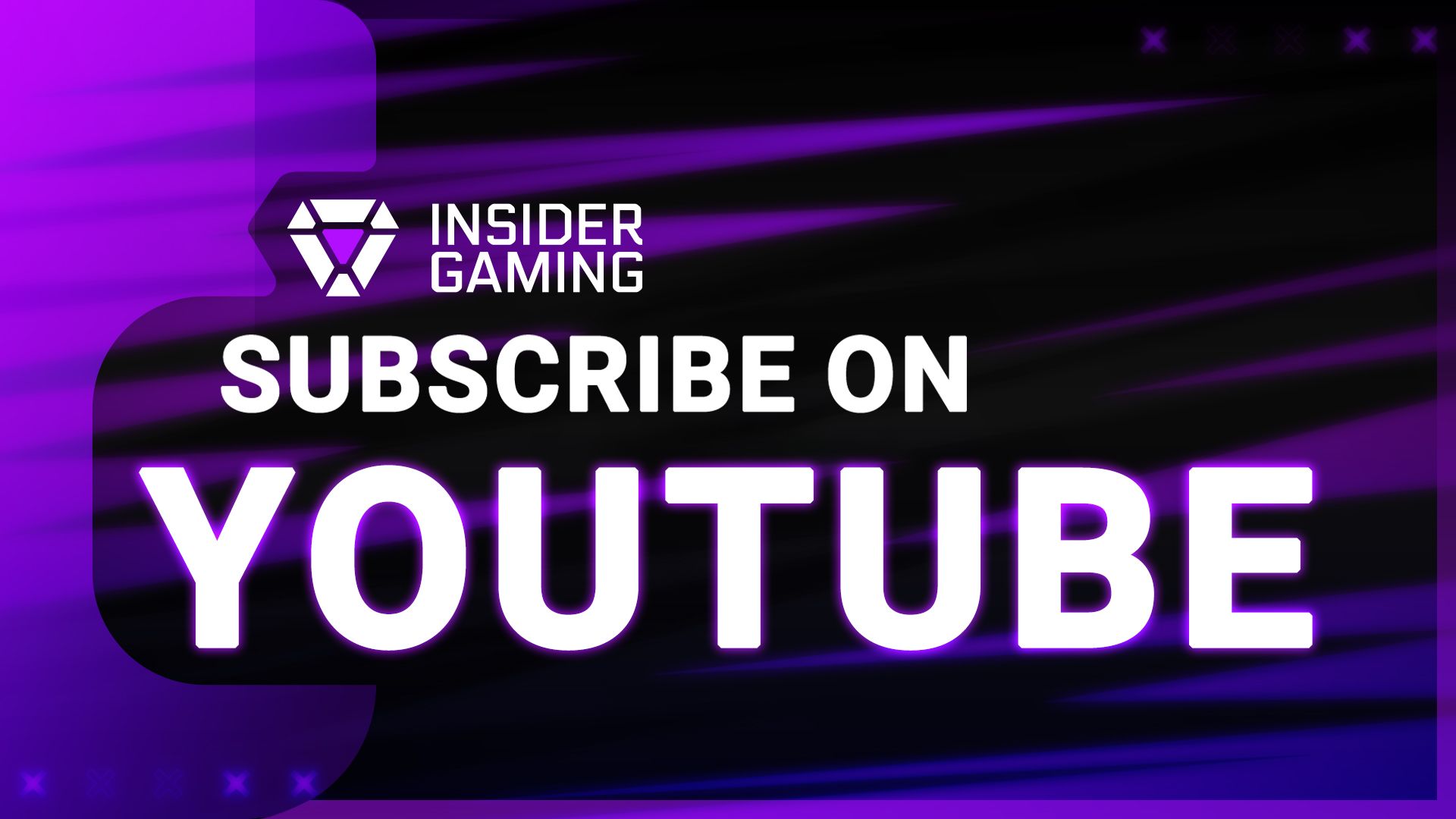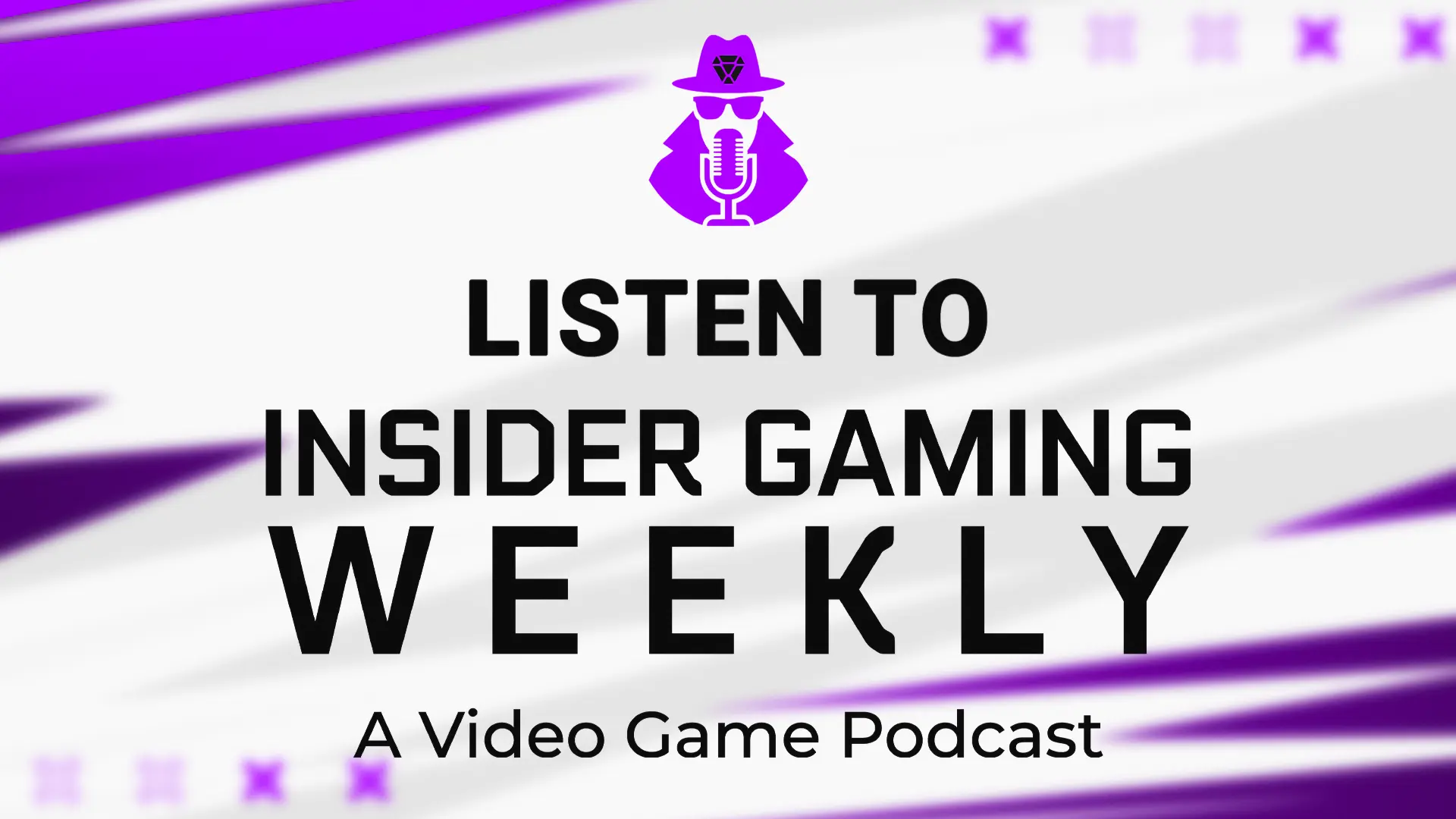Whether consisting of a few like-minded friends or thousands of globally distributed players, guilds let gamers pool their knowledge and resources to achieve better results. The competitive nature of gaming, coupled with the prospect of earning coveted in-game assets or winning lucrative eSports tournaments, has led to a guild pile-on in recent years as play-to-earn (P2E) enjoyed its moment in the sun. The question is, where do guilds go from here?
From Guilds to DAOs
Currently worth around $125 million, the crypto gaming guild market is a big part of the reason why web3 games continue to dominate DeFi – accounting for some 37% of dApps per DappRadar. Despite such success – and the fact that guilds have been widely credited with helping the gaming sector evolve in a more meritocratic direction – systems that enable participants to earn are not without flaws. Some guilds have high entry costs, others steep learning curves, and others still questionable revenue models and prohibitive fees. All that glitters is not guild (sorry), in other words.
Despite a lack of universality in the way guilds operate, they remain hugely popular both with players and investors. Earlier this year, one of web3’s dominant platforms, Yield Guild Games (YGG), raised $75 million for its first venture fund, a war chest provisioned for early-stage token and equity deals, as well as gaming infrastructure and studios. Having built itself into a bellwether by snapping up NFTs and lending them out to players, YGG’s guilds are now active in a range of environments including The Sandbox, Axie Infinity, and Illuvium.
It is natural to wonder how guilds will themselves evolve as the decentralized gaming industry onboards more players in the years ahead. What seems clear is that competition between them will increase as each seeks to bring traditional gamers into their distinct communities. This should mean better terms for players in the form of favorable profit-sharing models, though investment will have to be made to educate traditional gamers on the vagaries of blockchain gaming. What’s more, the overall quality of games must improve. It’s all well and good integrating earning mechanisms into games (not least since the virtual goods market may exceed $200 billion by 2028), but the releases must be compelling even without the blockchain bells and whistles.
Like guilds, Decentralized Autonomous Organizations (DAOs) offer the prospect of more rewarding experiences for gamers. Interestingly, several existing guilds already operate as DAOs, meaning members make collective decisions via token voting. The extent to which guilds are truly decentralized varies, but these DAOs have a presence on virtually every blockchain, from Polygon (Decentral Games) and Ethereum (YGG, BuidlGuidl) to BNB Chain (Merit Circle) and Solana (Star Atlas).
Player-controlled DAOs manage asset treasuries, determine how goods are distributed between members, and participate in vetting proposals from the community. But these democratized gamer councils aren’t just concerned with extracting value from games; they can actually create their own content and fund their own projects.
Spotlight on Alien Worlds’ DAOs
A perfect example of proactive DAO activity can be seen in the Alien Worlds Metaverse, where six Planetary Syndicates compete against one another for galactic dominance. Weekly elections enable Explorers to vote for their favorite candidates who then helm the DAOs and determine how its treasury of Trilium (TLM) tokens will be allocated. In addition, Syndicates can develop new gamified products and tools, commission art work and promotional materials, and even host events and tournaments.
In funding continued development, setting the scene for greater community participation, and contributing to the game’s sci-fi lore, Planetary Syndicates wield a great deal of authority in the Alien Worlds ecosystem, much more than any regular gamer guild. The evidence for this influence is ample: players have been responsible for creating their own distinct organizations such as the Miners Union, a community faction created to benefit those who mine the game’s native Trilium currency. Signing up to the Miners Union entitles players to greater Syndicate voting power as well as Spacecrafts, which are used to recover TLM from drops.
Another organization launched by players, the Interplanetary Federation, aims to become a new kind of DAO that facilitates cross-Syndicate synergy: while the Planetary Syndicates will still compete with one another, Alien’ Worlds Interplanetary Federation intends to establish common ground between them and promote cooperation. And then there’s Battledome, a strategy card battler game created by the community and set in the Alien Worlds Metaverse. Funded by the Galactic Hubs grant program, Battledome sees players face-off in a last-man-standing confrontation armed with weapon, minion and avatar NFTs, all of which can be acquired from the main game’s NFT Outpost using points accrued from mining activities.
One of the cool things about DAOs in the context of gaming is that they can represent the interests of a disparate group of players; they can be broad churches whose members consist of creators and designers, asset owners/collectors, educators (often known as scholars) and active players/consumers – or all of the above simultaneously.
The emergence of guilds and DAOs have completely transformed the relationship players have to a game and to each other, as well as the power dynamic that formerly let publishers extract all the monetary value therein. Guilds have achieved this through scholarship programs that train and mentor new players, as well as the fraternal ties that form when gamers come together in pursuit of a common goal. DAOs, meanwhile, turn players from casual consumers into ardent co-creators who drive the canon forward.
The sort of community-driven game development and decentralized governance we see in Alien Worlds empowers players to enrich their playing environment, commercialize their intellectual property (IP), initiate pilot programs, and even mint special NFTs whose value is determined by other players. In short, they bring ownership of a game to those who make it tick in the first place.
This trend is not exclusive to web3 – creator platforms have started appearing in various games, giving players the ability to build their own unique experiences; indeed Roblox and Minecraft are largely powered by this kind of content. Advances in generative AI, meanwhile, are likely to improve these creative processes further, increasing players’ productivity and eliminating the need for technical skill to bring ideas to fruition.
What web3 technologies like smart contracts and DAOs do, however, is ensure that control is delegated away from a central authority (i.e. a publisher). Web2 game studios may create the illusion of player control but there is nothing to stop them from rescinding it at any moment. Assets aren’t owned by players, they’re licensed to them.
If cryptocurrencies are stores of value, gaming DAOs and the NFTs they create and own can be viewed as stores of culture – and this particular genie cannot simply be put back in the bottle. For that reason, blockchain games and the communities that bloom up around them represent the true evolution of gaming. There’s never been a better time to play.
For more Insider Gaming coverage, check out the news that The Last of Us almost had competition





